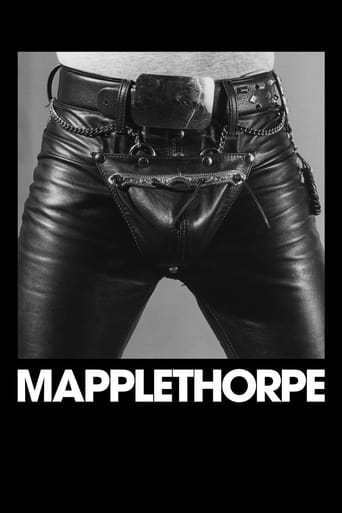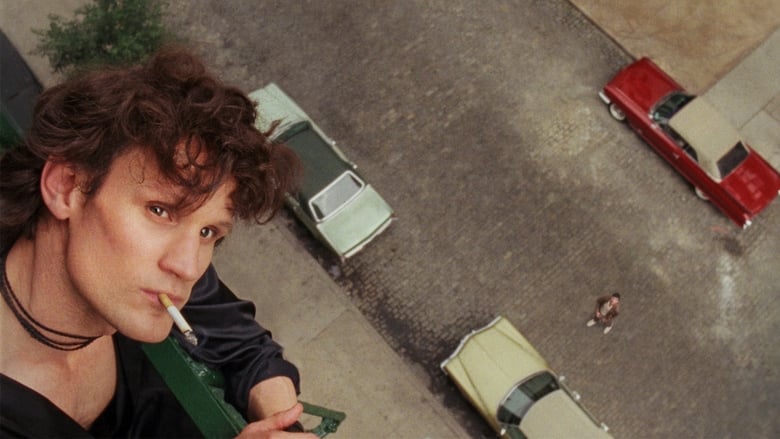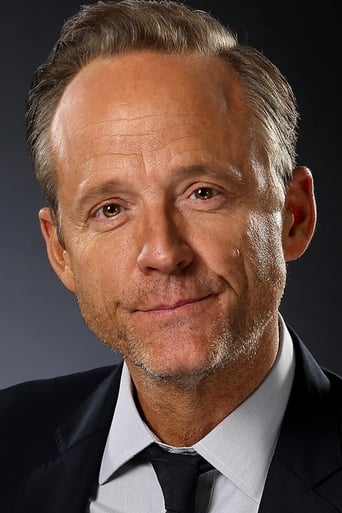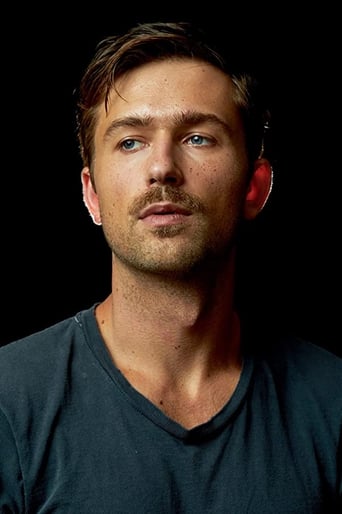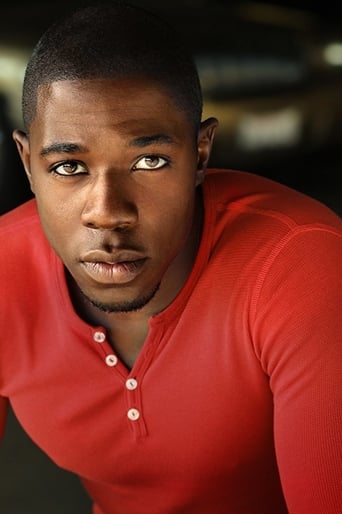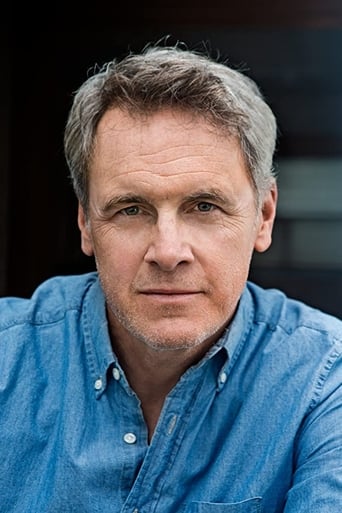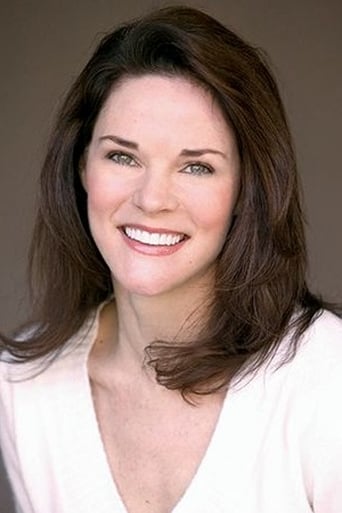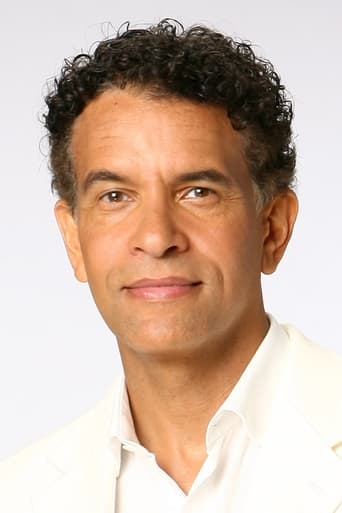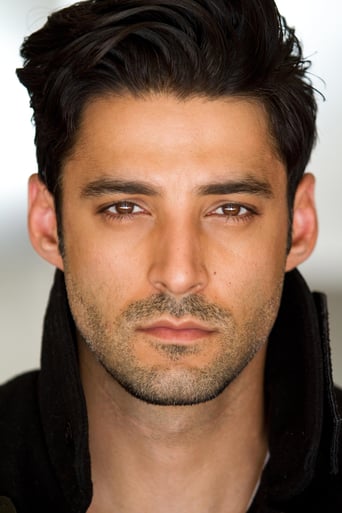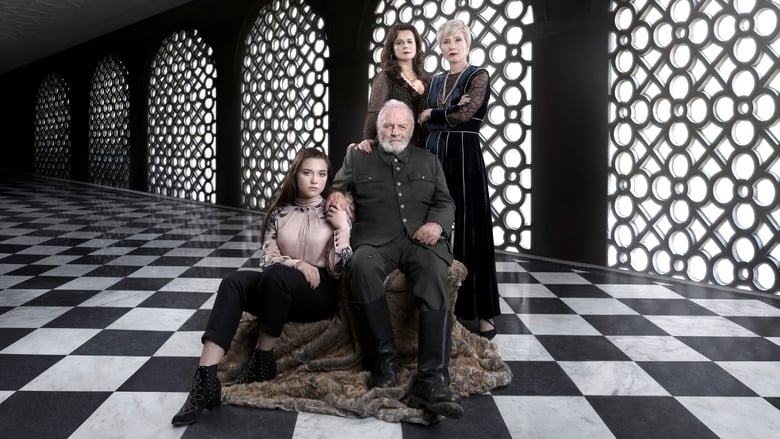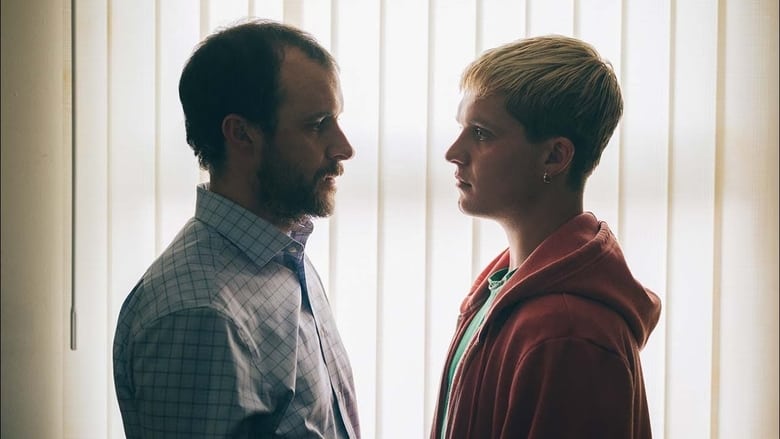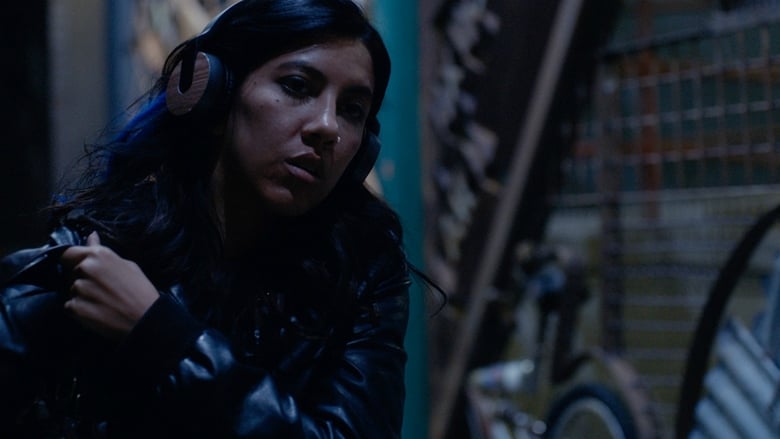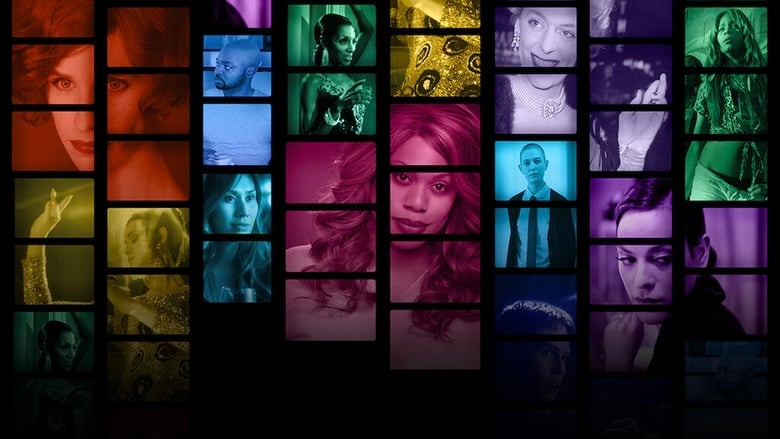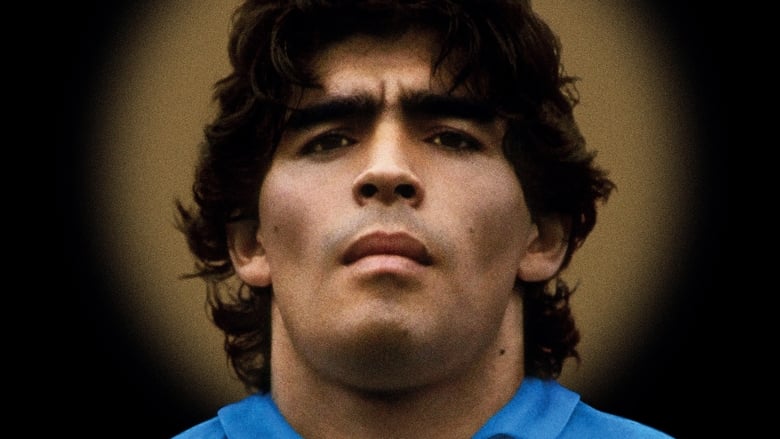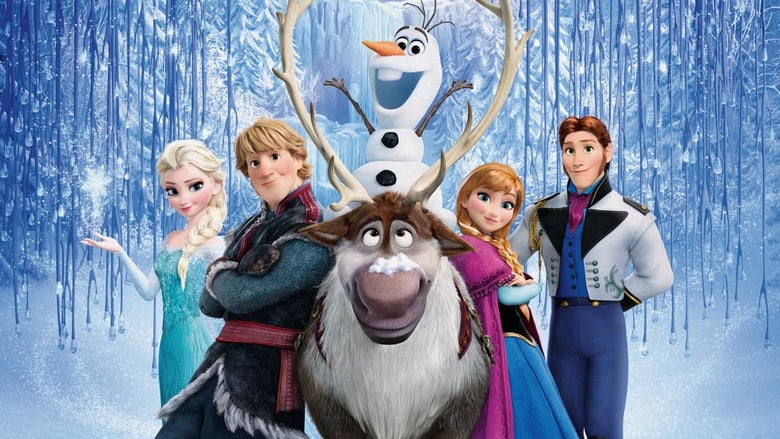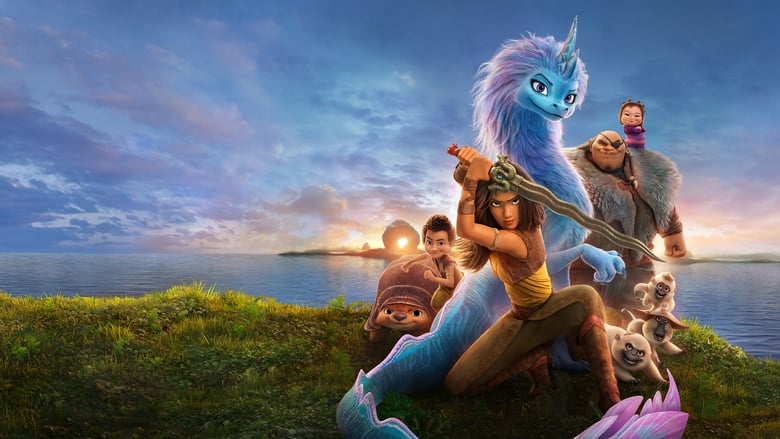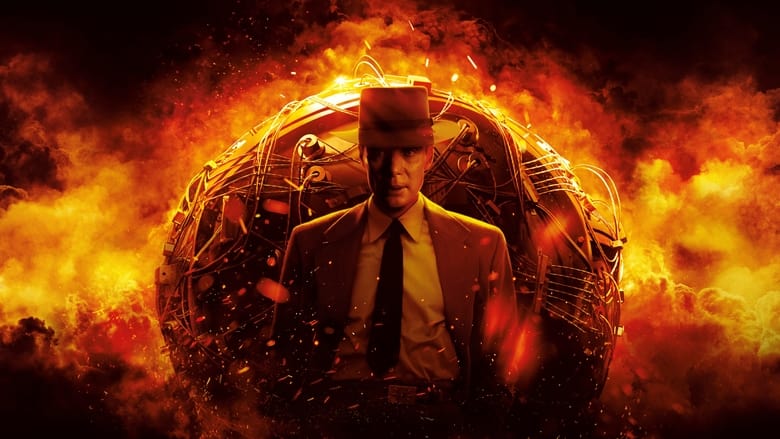A look at the life of photographer Robert Mapplethorpe from his rise to fame in the 1970s to his untimely death in 1989.


Similar titles


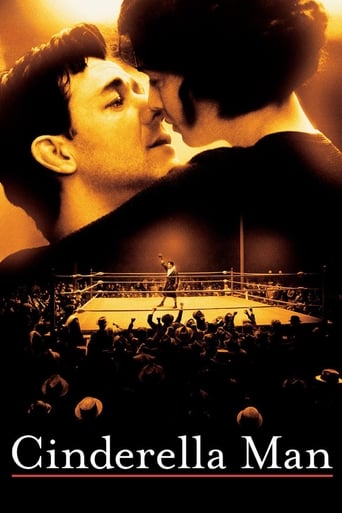
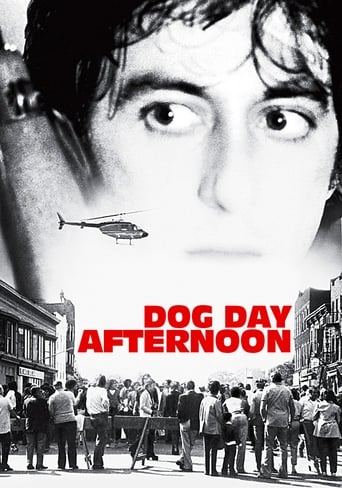
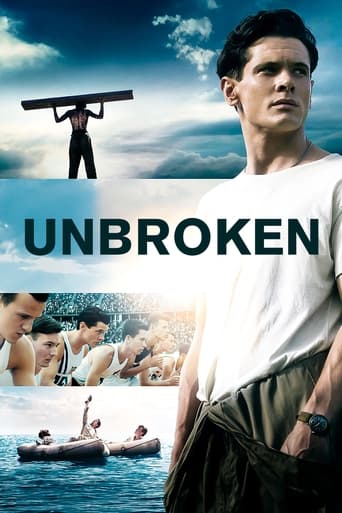

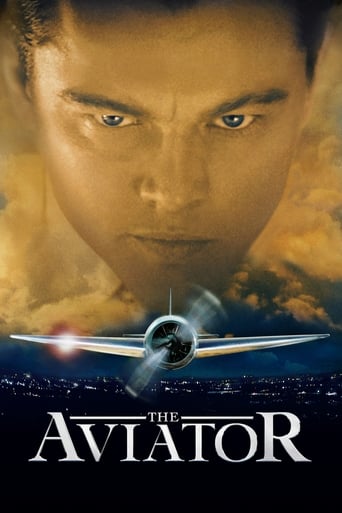
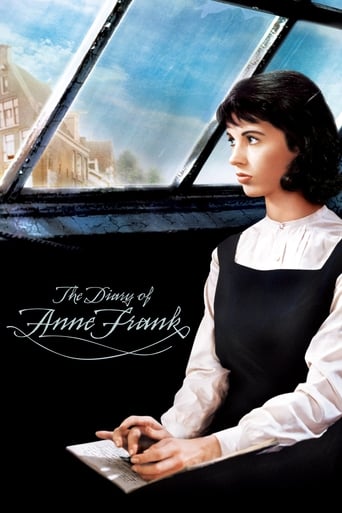
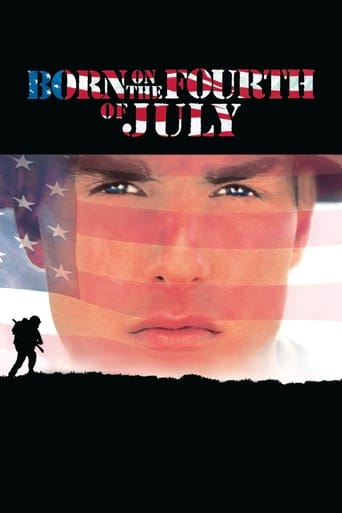
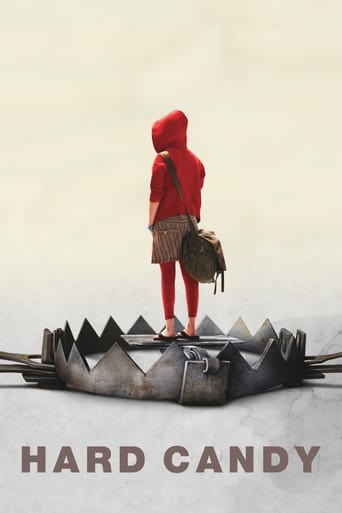
Reviews
It is a shame that I will have to give this project a mediocre review, since I think the effort to tell Robert Mapplethorpe's story is admirable. Unfortunately, even though I am a fan of Ondi Timoner, the incredibly talented Director of We Live In Public, I would have to caution viewers to lower their expectations before entering the theater. Perhaps what was most disappointing was the treatment of Patti Smith's character in the film. The actress, Marianne Rendon, was not up to the level that she should have been. The facts of the relationship are distorted, and the timeline also seems a bit off. In the movie, the character of Patti is working to support Robert; however, in real life, both of them worked to support each other. Patti gets annoyed with Robert (because of some unknown reason) and storms out, therefore, leaving Robert to find another lover/benefactor in the form of rich curator Sam Wagstaff -- yet in real life, Patti stayed with him quite a bit later on and was actually herself also funded by Sam Wagstaff when she went into a studio to record her first single. So the idea that Patti would never want to see or speak to Robert again is completely wrong, and Patti herself said publicly several times that what she and Robert had was much more than ordinary love. The scene of Patti walking out on Robert rings false, as does much of what Marianne has to work with. (I read her book Just Kids, her autobiography of that time, and it is quite clear that she would never have walked out of Robert's life, no matter what the outside circumstances.)I had really hoped to see Patti and Robert creating the image of her first album cover (Horses), yet that scene seems to have been left out for some unknown reason. (Maybe a copyright issue?)The film jumps forward quickly and does an awkward shift of Robert suddenly becoming famous and carrying his gripe against the world regardless of the fact that his photos are now being collected and respected. Oddly, he seems to be obsessed with the idea of "biting the hand that feeds him" on many occasions. Somehow, I feel this was an assumption by the writer and director and may not have actually been the real course of events. Robert is "discovered" (i.e., he sleeps with a guy who's rich) and the man who discovered him, Sam Wagstaff, is portrayed in the film as a gullible personality who falls under Robert's spell, and later on is prone to jealousy as Robert lives an obviously self-indulgent existence without a care in the world. As it is, Walstaff becomes quite successful and wealthy himself by the arrangement, and is therefore doubly compensated.The lead actor, Matt Smith, does a professional job of portraying the famous photographer, and hits all the right notes. However, the material he gets to work with is all one-sided: apparently, according to the script, Robert Mapplethorpe could not get along with anyone, including none of his family members, not his first girlfriend (Patti Smith), not Sam Wagstaff, not a black man who was his muse named Milton, not his kid brother Edward, and of course, not his mother and father. In fact, (again, as the script dictates), he is painfully dropped by everyone -- and in one very "on the nose" moment, his "black muse" Milton says, "You don't love anyone but yourself" before smashing the famous photo that Robert took of him in the business suit -- and storming out of Robert's life -- of course, there is a bit of belief that needed to be suspended here. As it is written, Robert Mapplethorpe is a crass, egotistic, over-hyped selfish brat who takes dirty pictures that are first, horribly rejected and later on, lavishly sought after by obnoxiously self-important and vain art dealers and critics. Yet, in spite of all that he achieves, and in spite of selling photos for thousands of dollars each, Robert is still living the life of a tortured artist. This leaves one to wonder, what exactly is his problem?The scenes of Robert creating some of his famous photos are somewhat simplistic, i.e., the most that he seems to do to take a photo is to say "Cross your legs" and then "Put your arms out" -- as if it was just another day at the office. The scenes of some of the really erotic photos are about as exciting as someone taking wedding pictures (which, strangely enough, happens in a one scene set in San Francisco. As far as I can tell, Robert shot even Weddings, as long as it paid well. If this was a cartoon, a giant question mark would appear right about this point in the film, as if to say, 'Huh, say whut?'.)In watching the film version, one can't help but wonder why is such a major artist being given such a simplistic biography. Was the budget too small? Was it too hard to include some of the more controversial issues? Issues such as the famous censorship case with the American Family Association (they declared his photos to be pornography) -- which, in hindsight, legitimized his work, and the resulting publicity pushed his fame into the public consciousness. Surely a talented biographer as Ondi Timoner must have seen the irony of this series of events: unknown photographer takes erotic photos, no one takes any notice; the religious right denounces them, and suddenly everyone wants to see them -- bingo, instant fame. The story is really about our collective bigotry. We are all subject to the same fault: one only wants something when an authority figure tells us we can't have it. That's Ondi's territory -- and she does it so well.
